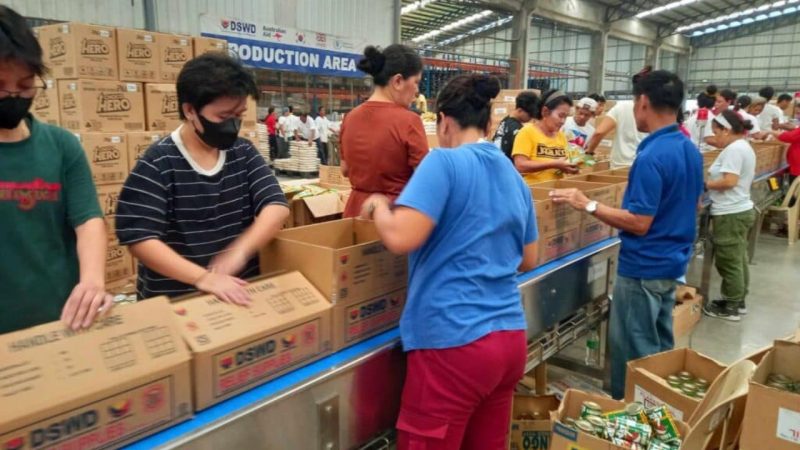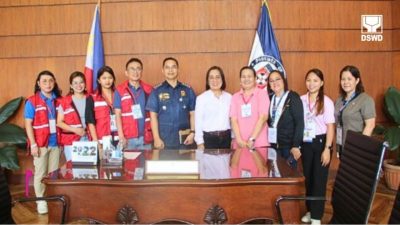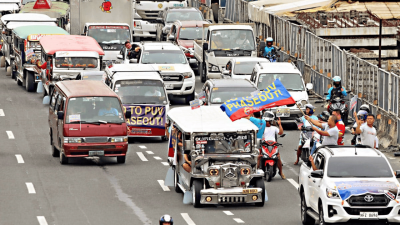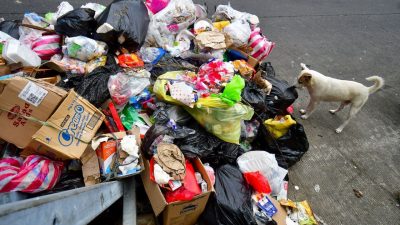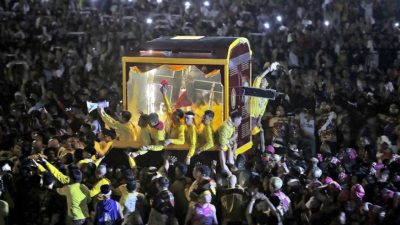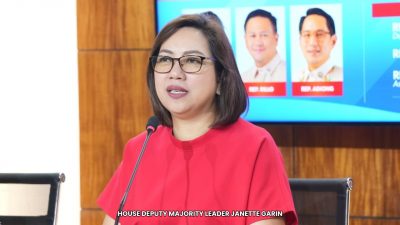By Junex Doronio
MANILA — The Department of Social Welfare and Development (DSWD) has extended over P4.39 million worth of relief aid to local government units (LGUs) affected by the eruption of Mt. Kanlaon on Negros Island.
“With ongoing disaster operations that began right after the eruption on Monday, our Field Offices 6 (Western Visayas) and 7 (Central Visayas) continue to send family food packs to Negros Occidental and Negros Oriental, in addition to those already prepositioned, to support LGUs in responding to the needs of their constituents,” said Asst. Secretary Irene Dumlao of the DSWD’s Disaster Response Management Group (DRMG) on Wednesday, December 11.
Of the total assistance, the bulk of Php4.3 million was directed to the Cities of Bago and La Carlota, and the Municipalities of La Castellana, Murcia, and Pontevedra in Negros Occidental.
“We continue to coordinate with the concerned LGUs to ensure that timely assistance is provided to the affected families, as committed by Secretary Gatchalian during his meeting with local officials of Negros Island last Tuesday, December 10,” Asst. Secretary Dumlao added.
According to the DSWD’s Disaster Response Operations Management, Information, and Communication (DROMIC) report as of 6 a.m. on December 11, a total of 10,993 families, or 37,699 individuals, from 23 barangays in Western (Region 6) and Central Visayas (Region 7) have been affected by the volcanic eruption.
Currently, 3,724 families, or 12,368 persons, are taking temporary shelter in 29 evacuation centers in the affected regions.
On Tuesday, the DSWD FO 6 distributed boxes of Family Food Packs (FFPs) to 246 families, totaling 723 individuals, in Pontevedra, Negros Occidental. In addition to the FFPs, the displaced families received hygiene kits and sleeping kits.
The DSWD FO 7 City Action Team (CAT) also assisted in distributing dinner packs to evacuees at the Macario Española Memorial School (MEMS) in Canlaon City, Negros Oriental, on Tuesday night.
Meanwhile, social workers from DSWD FOs 6 and 7 continue to assist LGUs in managing evacuation centers, including the registration and profiling of evacuees through the Family Assistance Card in Emergencies and Disasters (FACED).
FACED aims to institutionalize a profiling strategy for collecting demographic and socioeconomic data of disaster-vulnerable and affected families, including details such as name, age, sex, education, income, as well as post-disaster data on shelter damage and humanitarian assistance received.
During his visit to Negros Island on December 10, Secretary Gatchalian reminded residents of the two affected provinces to remain vigilant and follow local authorities’ instructions for their safety.
ia/mnm

